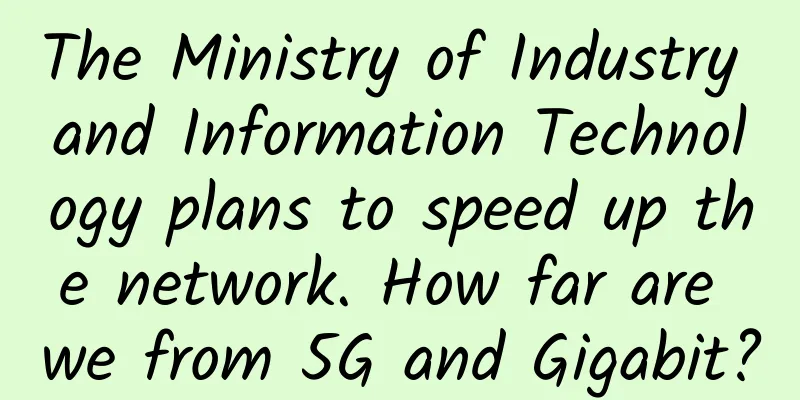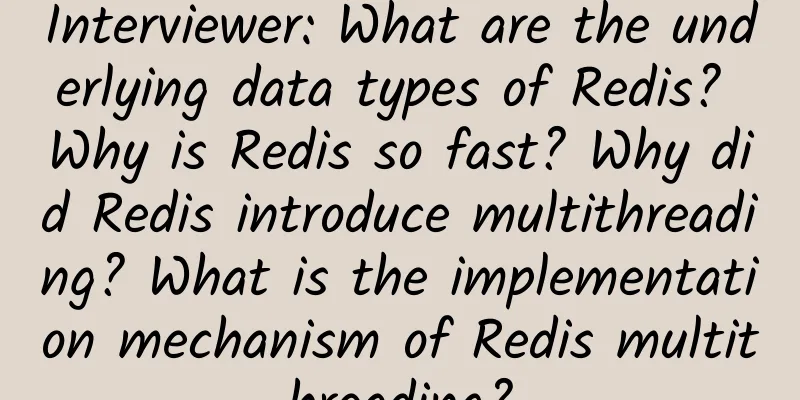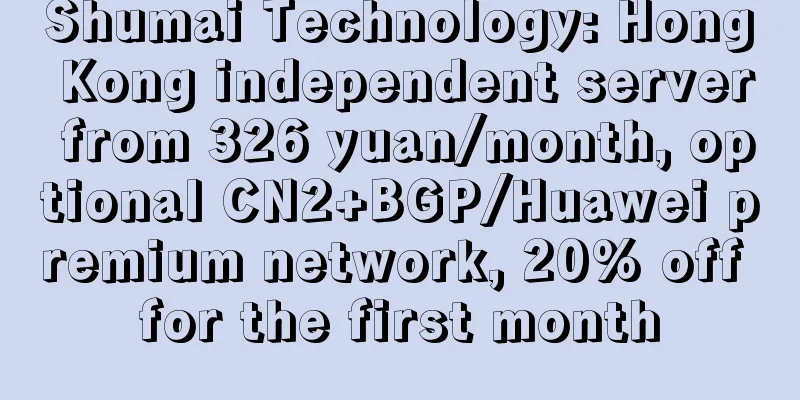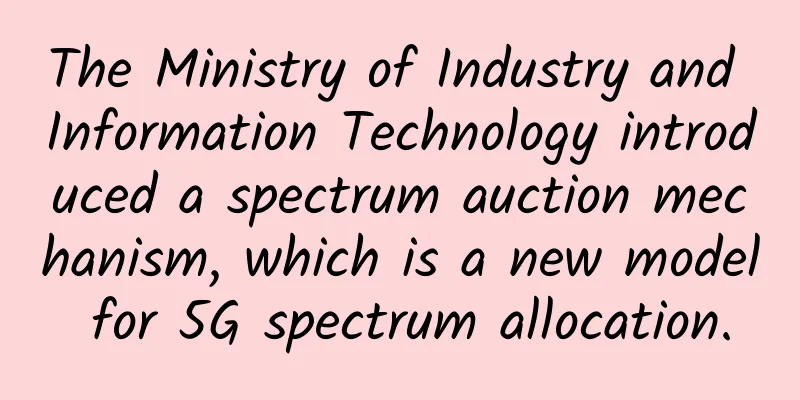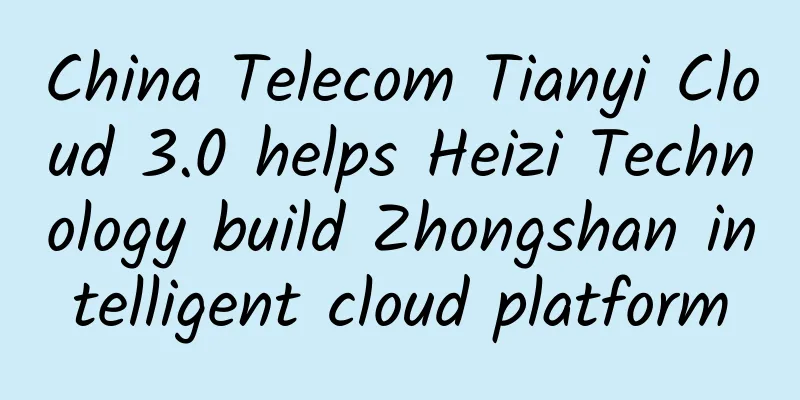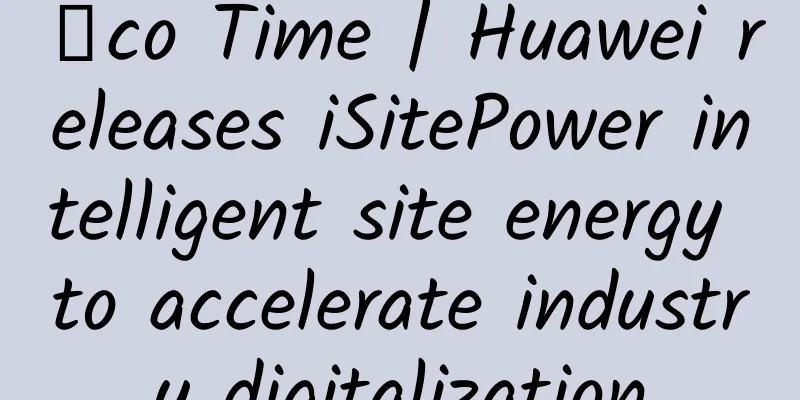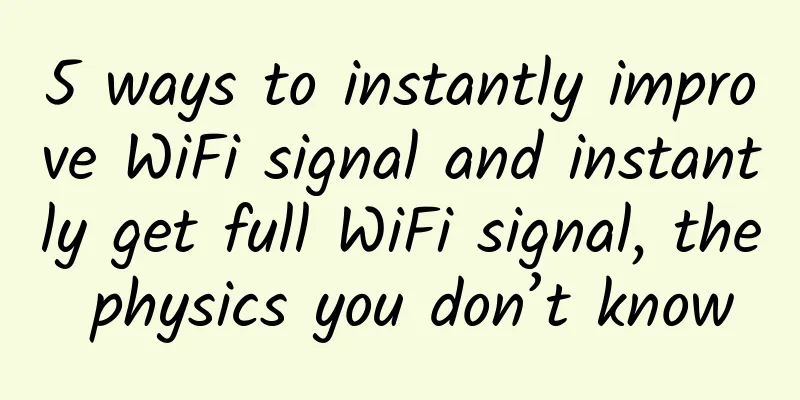As the demand for connectivity surges, 5G becomes the key to sustainable development of the ICT industry
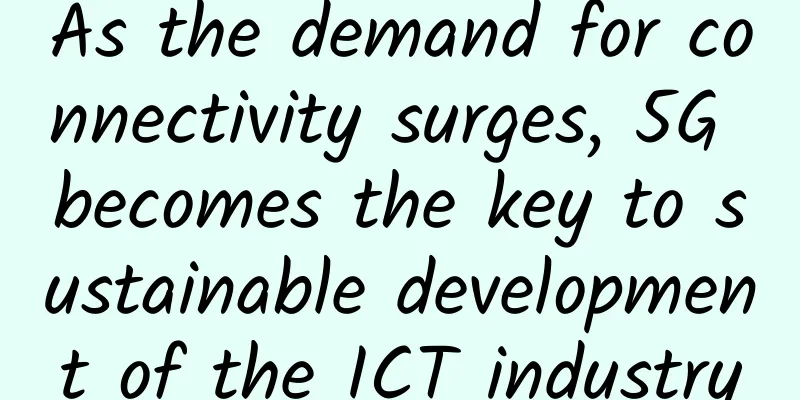
|
As the global energy crisis intensifies, all industries are innovating in technology and committing to sustainable development strategies. The ICT industry is no exception. Sustainable development strategies within the ICT industry set aggressive targets for emissions reduction, but in doing so, they must assume that the use of data and connectivity will continue to grow. 5G will support growing data usage in a sustainable way This is a huge challenge for developers of next-generation ICT technologies, as they must reduce emissions while supporting evolving targets in terms of consumption, which requires a step change in energy efficiency. 5G will play a key role in meeting this challenge, as it will be able to support the intensive use of data in many industry sectors, while enabling these industries to improve energy efficiency by operating more flexibly and efficiently. Many trends are driving the increasing use of data transmitted over fixed and mobile networks. Modern technology has transformed the way people work, play, and communicate, and will continue to drive its use. Cellular data traffic in emerging economies is expected to grow 6.2 times between 2018 and 2024, while in developed markets it will grow 3.1 times over the same period. By 2025, there are expected to be 100 billion connections, including 40 billion smart devices. Cellular data traffic forecast by region, 2016-2024 The rollout of 5G will help support this data usage, while also aiding digital transformation across many industries due to 5G’s enhanced support for very low latency, high bandwidth, and a large number of devices. The combination of fixed and mobile 5G, as well as enhanced fiber to the home (FTTH) and Wi-Fi 6 will bring affordable broadband connectivity to more people and regions, while supporting a wide range of new use cases. This, in turn, will "enable further economic growth and the pervasive digitalization of a highly connected society," including the "Internet of Everything" as outlined by the GSMA in its "Road to 5G: Introduction and Migration" document. These ambitious visions of what 5G can bring to industry and society will generate new business models for MNOs (Mobile Network Operators) and drive rapid adoption. According to Huawei’s Global Industry Vision (GIV), by 2025, 6.5 million 5G base stations will have been deployed and there will be 2.8 billion 5G users worldwide. 5G must also help all industries become more energy efficient However, it is crucial that 5G expansion not only enables new digital processes and use cases for many industries, but also helps transform their energy efficiency, a key goal for the 5G community in the 2020s. For example, as part of a GSMA initiative, together with The Carbon Trust, more than 50 MNOs are disclosing their carbon footprint, energy and greenhouse gas emissions through the internationally recognized CDP global disclosure system. Indeed, the mobile industry was the first industry globally to commit to the United Nations Sustainable Development Goals (SDGs) in 2016, which set an industry target of achieving net zero emissions by 2050. Wireless Industry Customer Action Goals The ability of modern networks to make other industries, not just telecoms, more energy efficient is known as the “enabling effect”. By improving connectivity and efficiency, and driving behavioural change across all sectors, mobile networks help avoid emissions. Even before 5G, the effect was evident. According to the GSMA, the enabling effect of mobile communications globally was estimated at around 2,135 million tonnes of CO2e in 2018, similar to Russia’s total greenhouse gas emissions in 2017. According to the ITU's SMART 2020 report, the ICT sector's carbon footprint accounts for 2% of global emissions, with a compound annual growth rate (CAGR) of 6%. However, this growth is offset by favorable effects, as ICT allows other industries to benefit from improved energy efficiency. The ITU report found that by 2020, this opportunity to use ICT will be equivalent to 15% of all global emissions. Of course, 5G is part of a wider evolution of ICT platforms, which includes several trends that will have important implications for new approaches to energy consumption. These flexible, agile 5G networks can also help vertical industries operate in new ways. Huawei's Global Industry Vision 2025 provides examples of the impact of cloud-based intelligent connectivity on multiple industries. In the transportation industry, for example, more than 200 million cars will be connected to 5G networks, and all new cars will be connected to 5G networks by 2025. When intelligent technologies are integrated into manufacturing, ICT will converge with operational technology (OT) at a faster pace. This will generate positive returns for innovation, industry, value chain, and the entire ecosystem. To meet the dual challenge of supporting high data usage and high energy efficiency, mobile network operators are rethinking their energy use and its impact on the environment. This was summed up by Telefónica CEO José María Álvarez-Pallete in December 2019. He said: "The central axis of our strategy requires innovative, smart and sustainable technological solutions that have a positive impact on the environment and help manage digital transformation." 【Editor's recommendation】
|
<<: Learn about the new security and privacy features of the latest Android version, Android 11
>>: Expert: It is impossible for the United States to bypass 5G and develop 6G
Recommend
Without the need for dark-night cutover, how can grayscale release help 5G to move forward in small steps?
Three o'clock in the morning, staying up late...
The seven-layer network model and TCP, UDP, what happens in an HTTP request
[[267883]] 1. Seven-layer network model The http ...
edgeNAT: US/Hong Kong/Korea VPS monthly payment 20% off, annual payment 30% off, starting from 48 yuan/month, top up 500 yuan and get 100 yuan
edgeNAT has released the latest promotion for Aug...
Megalayer: 618 promotion: 50% off all VPS, 20% off dedicated servers, and $10 bonus for new user registration
Megalayer is a foreign hosting company establishe...
China's 5G mobile phone shipments reached 266 million in 2021, and the number of 5G terminal users is approaching 500 million
On January 14, the China Academy of Information a...
TCP protocol status analysis, super complete~
Today I will talk to you about the state analysis...
Looking back at the shadows that 2G brought to us in those years
[[247708]] Image source: Visual China There is no...
Story: Tang Sanzang's journey to the west: the whole process of network communication
In the first year of Zhenguan, Xuanzang formed a ...
The impact of edge computing and 5G on future channel business
Last year, the COVID-19 pandemic has made us even...
Fiber Optic Cable Types and Installation Tips
Expanding the presence of fiber optics has become...
Please! Stop asking me these questions about multithreading
[[340332]] This article is reprinted from the WeC...
Retail Colocation Data Center vs. Wholesale Data Center: How to Choose
Wholesale data centers offer more control, while ...
How Next-Generation Data Centers and 5G Can Transform Healthcare
Data centers are breaking free from physical limi...
Summary of core technologies and solutions for personal area networks
PAN is the abbreviation of Peonal Area Network, w...
Benefits of Fiber Optic Networks: Learn What It Is and Why It Matters
As streaming, remote work, and online education t...

